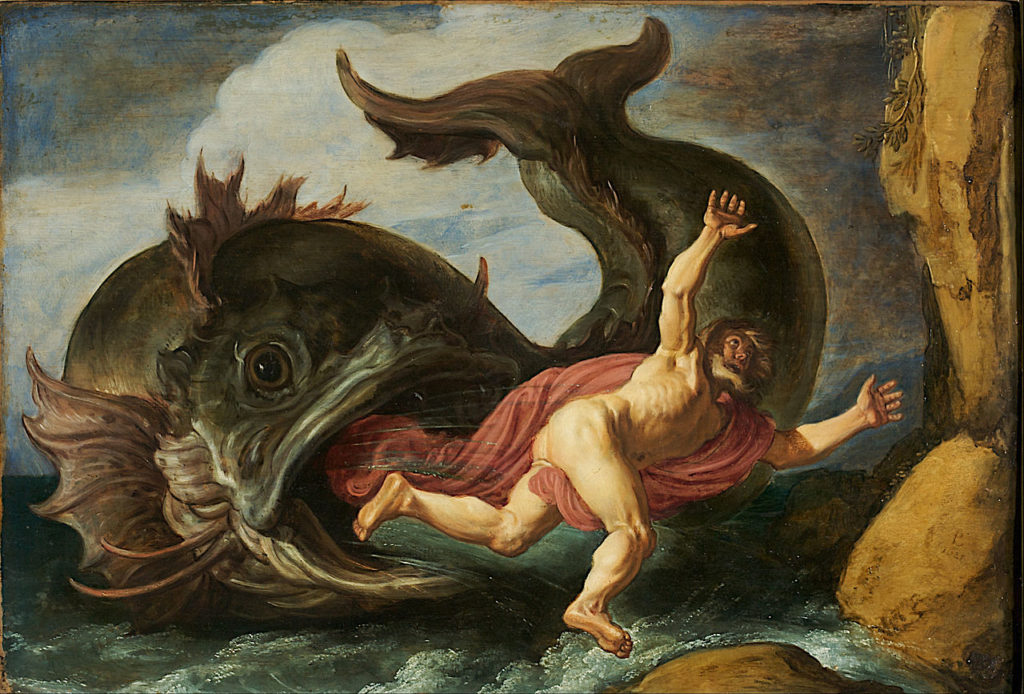Our thanks to comics writer, inker, letterer, editor and publisher Ian Sharman today for kindly giving us permission to post his thoughts on working in the comics industry, addressing why creators seem loathe to challenge some of its working practices…
So, let’s talk about the comic industry…
Every now and then I’m reminded that most fans and, indeed, people who write about comics, professionally or otherwise, don’t really get how the industry works. I think the key word here is “industry”, because that gives the impression that comics are run like any other profession.
They’re really not.
For starters, pretty much nobody beyond editorial is an employee. That’s true of the entire industry from top to bottom. (And in many cases, those working in editorial aren’t employees either). The vast majority of people working in comics in almost every role at almost every level of the industry are freelancers, who have very few rights and can be fired at any moment, for any reason. There is no job security. The publisher owes you nothing but the page rate for the last pages you finished. If you’re working for America’s Big Two (Marvel and DC) and the book you’re working on sells above a certain level then you’ll get some royalties, but if you’ve seen recent comics sales figures you’ll know that’s increasingly rare. But, my point is, your publisher owes you no loyalty and whether or not you’ll get work next month is entirely at their whim.
So, we come to the question of why more creators don’t speak out about whatever the latest issue of the day in comics is. Like, say, a controversial story point. (I’m being deliberately vague here).
Well, this is an industry in which people are legitimately afraid of losing the work that puts food on their table if they speak out about issues like sexual harassment in the industry… or an editor who has a tendency to bite people. I have known people get blacklisted for making a joke about another writer’s work who was higher up the food chain than them. Speaking out about anything in this industry can and will get you fired.
Do I know people in the UK comics industry who have sexually harassed people I know? Yes. Can I speak out about that? No. Because this is a small industry and there would be consequences to that beyond my control (not least for the victims). It’s awful, I’m not going to lie.
I’ve seen people say that Tess Fowler spoke out and did okay. Did she? Or did she get used by the writer of Rat Queens to keep his book selling long enough that people would forget his artist buddy was arrested on charges of domestic abuse?
[Bleeding Cool covered the story and subsequent events here and reported on Roc Upchurch’s’s return to Rat Queens here last year – Ed]
The comics industry is exceptionally small. So small that I know or have met some of the biggest names in comics and count some of them among my friends. Industries like that close ranks when someone rocks the boat. Industries as small as the comics industry know how fragile they are and push back against anyone who points out the problems within them. That’s not good, That’s not right. It’s just the way it is.
You think people are going to speak out over a controversial story point when they don’t feel that they can speak out about sexual and physical abuse in the industry? An industry that can and has blacklisted creators for making a joke that hurt another creators feelings?
And if you think the answer is for creators to withdraw their labour and go and make comics elsewhere, outside the big two or three publishers, then you’re expecting people to give up paid work for a gamble. This isn’t 1992, when we had a thriving industry in which money flowed freely and comics sold in their millions on the strength of an artist’s name alone. This is a radically different industry to the one that spawned Image. And, really, Image is not the utopia of creators rights and hot and cold running royalties that you think it is. Image pays nobody anything unless their book makes money.
(This is pretty much exactly the same deal you get at Markosia, you know, which I’ve had people bitch at me for, because there are no page rates… there are no page rates at Image, either).
I have good friends with books at Image. Those people are good people who treat everyone who works on their books fairly and ensure that everyone gets paid for their work, I’m sure. Not everyone who has a book with Image is like that. I’ve worked on books for Image twice, both times I’ve ended up out of pocket, not even received a comp copy of the book I worked on, and the last time I worked on an Image book I got so screwed over that the penciller claimed credit for my inking… so I didn’t even get the bare minimum in return for my work, fair credit.
My point is that work that pays enough for comic creators to make a living is few and far between. Economic security is a rare and precious commodity for comic creators. Those that are able to provide it are very much aware of that and that assures that people keep their heads down, their mouths shut and just get on with the work.
Expecting people, in that atmosphere, to speak out about, well, anything, and risk falling into poverty…and their family and their children falling into poverty… is wholly unreasonable. If you think that’s unreasonable, then work to dismantle the economic system that creates these situations, don’t get angry with people for just trying to survive in a system they didn’t create.
This article was first published on Ian’s Tumblr in April 2017 and is crossposted here with his permission
• Follow Ian Sharman on Tumblr | Follow Ian on Twitter @idsharman
Ian Sharman is a busy chap, probably best known as the award winning writer of Alpha Gods, Hero: 9 to 5, Hypergirl, The Intergalactic Adventures of Zakk Ridley and the webcomic, Spacescape, and as the editor of and contributor to the Eagle Award-nominated anthology, Eleventh Hour.
Ian is also an accomplished inker, having inked Spider-Man, Iron Man and the X-Men for Panini Comics, and also a successful letterer, having lettered many comics including the Doctor Who graphic novels from BBC Books and the AX Collection of underground manga published by Top Shelf.
He’s also Editor In Chief of Markosia, one of the leading independent publishers of graphic novels in the UK, and he runs Orang Utan Comics, a UK based collective of comic book creators.
On top of all this he’s also the producer and one of the stars of Ray Gunn & Starburst, an audio drama which was a finalist in the 2016 Parsec Awards, the second series of which has just been released and is currently available for free on iTunes.
He recently released a collection of flash fiction and poetry called Words On A Wall
The founder of downthetubes, which he established in 1998. John works as a comics and magazine editor, writer, and on promotional work for the Lakes International Comic Art Festival. He is currently editor of Star Trek Explorer, published by Titan – his third tour of duty on the title originally titled Star Trek Magazine.
Working in British comics publishing since the 1980s, his credits include editor of titles such as Doctor Who Magazine, Babylon 5 Magazine, and more. He also edited the comics anthology STRIP Magazine and edited several audio comics for ROK Comics. He has also edited several comic collections, including volumes of “Charley’s War” and “Dan Dare”.
He’s the writer of “Pilgrim: Secrets and Lies” for B7 Comics; “Crucible”, a creator-owned project with 2000AD artist Smuzz; and “Death Duty” and “Skow Dogs” with Dave Hailwood.
Categories: British Comics, Creating Comics, downthetubes News


 The SEQUENT’ULL Interviews: Dan White
The SEQUENT’ULL Interviews: Dan White  Sports comic highlights an immortal rugby match
Sports comic highlights an immortal rugby match  The SEQUENT’ULL Interviews: Michelle Freeman
The SEQUENT’ULL Interviews: Michelle Freeman  The SEQUENT’ULL Interviews: Colossive Press
The SEQUENT’ULL Interviews: Colossive Press